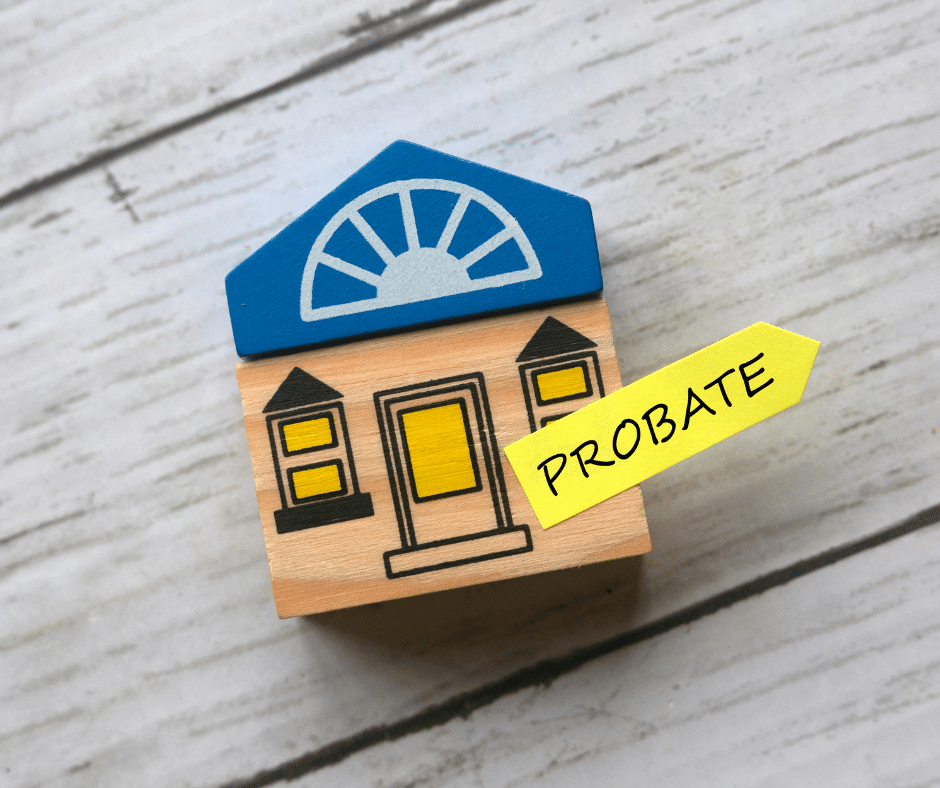Do you understand the probate process? Probate is the process of authenticating a last will and testament after someone dies, and it can be somewhat complicated. The laws about probate vary from state to state, as do the laws regarding estates without a will. Regardless of the differences in probate codes, though, the process remains essentially the same.
- Even if there’s no will, there’s still probate. The final bills must still be paid, and the estate must be distributed, which is the purpose of probate. In the case of an intestate estate, where the decedent didn’t leave a will, the property will pass to the closest relatives in a state-determined order.
- The judge will appoint a personal representative. This may be someone designated in the will, or the court may appoint the next of kin. The personal representative is given documentation allowing actions on behalf of the estate. This documentation may be called letters testamentary, letters of authority, or letters of administration.
- A bond may be required. This bond acts as an insurance policy in case the executor makes an error that damages the estate. Sometimes the beneficiaries can reject this, but most of the time, it’s an ironclad rule.
- Assets will be located and valued. The executor will locate and take possession of the decedent’s assets, including hidden assets, to keep them safe. The value of these assets on the date of the person’s death will then be determined.
- Debts and taxes must be paid. Creditors will be identified, notified, and given a certain amount of time to make a claim against the estate. Valid claims and taxes are then paid using estate funds.
- Finally, the estate is distributed. Once all the necessary steps are completed, the executor petitions the court to distribute the remaining assets to the beneficiaries. If minor children are beneficiaries, and trusts must be established.













